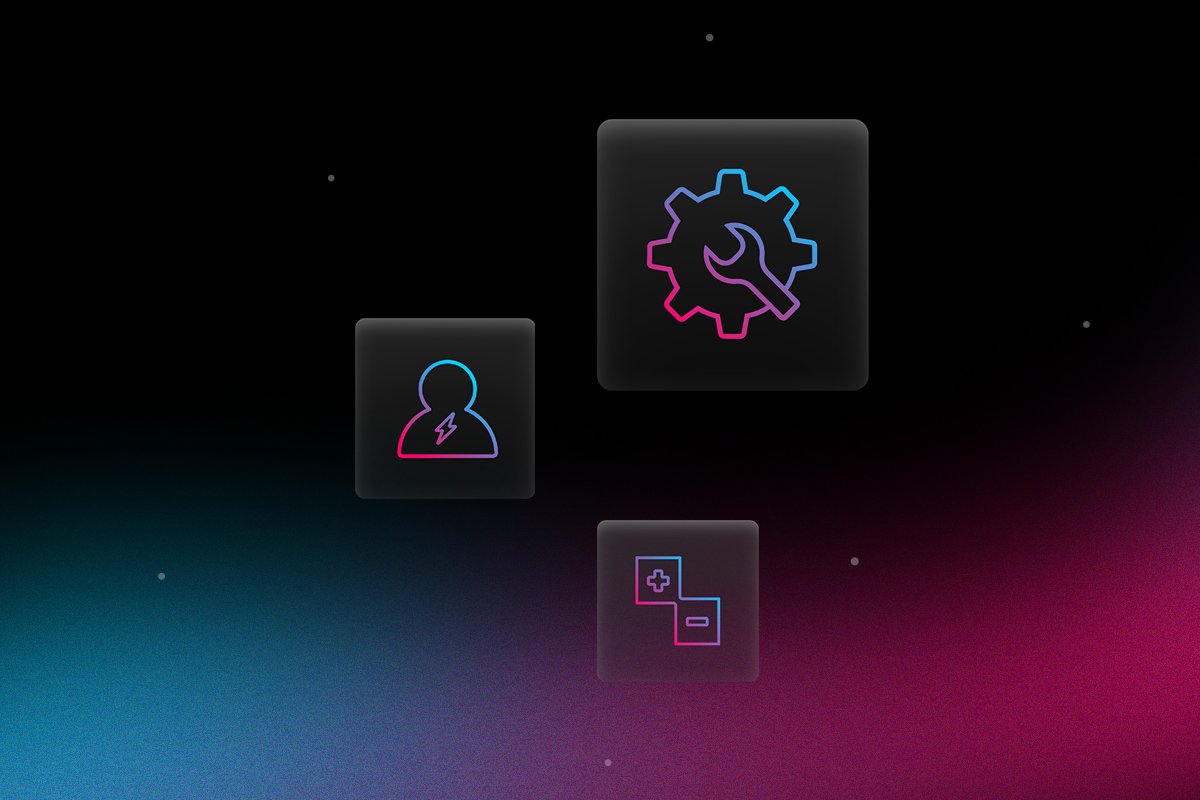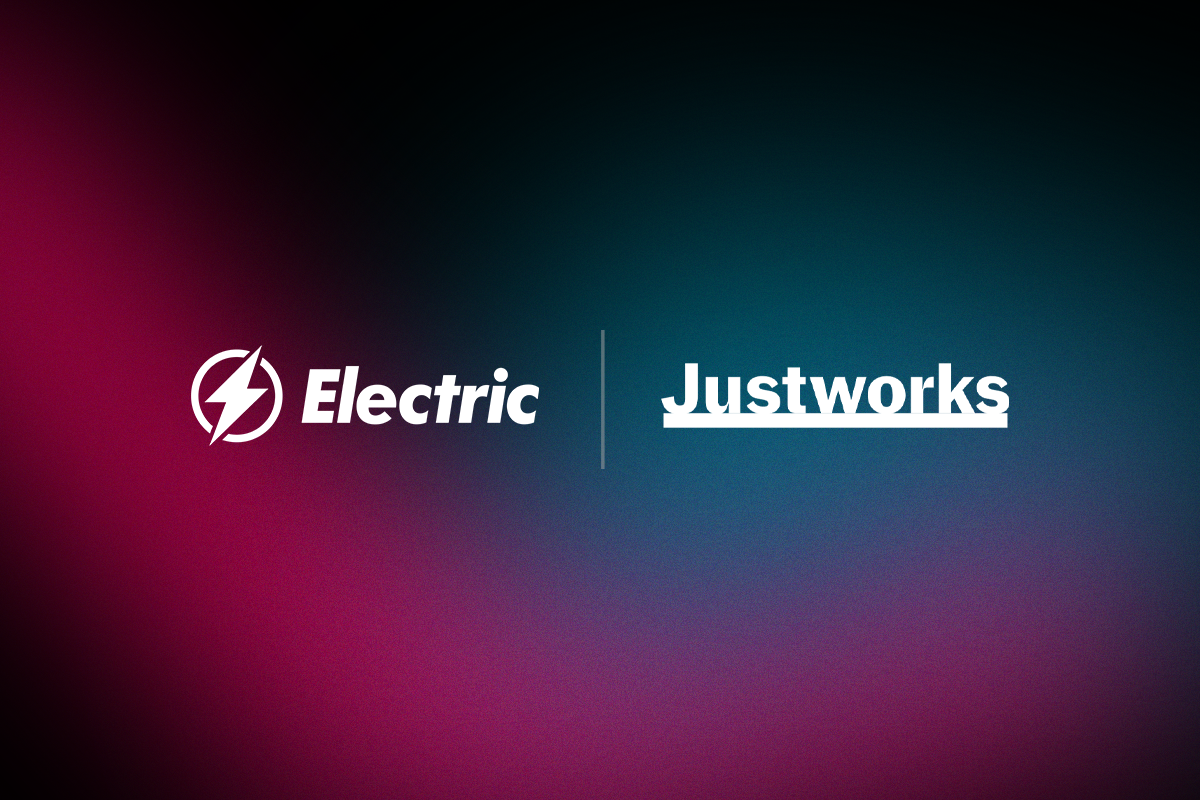
Windy city, Turbine, Electric…there’s a joke in there somewhere.
This month, Electric’s IT platform has officially opened in the Greater Chicago Area. In the spirit of this launch, we figured it was the perfect opportunity to discuss the criteria we base our launches on. In a perfect world, Electric would be available in every city, state, and country, but if you’ve ever been on Twitter, you know that this definitely isn’t a perfect world. So, we put a lot of thought and, more importantly, research into choosing the markets we launch in—and when we launch in them. Here’s more on what that process looks like:
Why Chicago?
Traditional IT is an aspect of business that a lot of small to mid-sized businesses (SMBs) and startups tend to overlook—and therefore, never allocate resources to. There are a lot of reasons for this oversight and IT’s negative stereotype in general; it’s expensive, in-house IT teams typically struggle to keep up with today’s rapid changes to technology, response times are slow, etc. The list goes on.
Chicago is one of the largest markets in the United States for SMBs. So, while this market may not see the need for traditional IT, Electric is positioned to be the first Chicago IT support solution that actually makes sense for these businesses—for all the reasons traditional IT does not.
Beyond the quantitative reasons why Chicago was the most logical choice for our next market, Electric has a unique tie to the city that influenced our decision to break into this market—Groupon. Prior to Electric’s inception, Ryan Denehy, Electric CEO and Founder, joined the Groupon team after his second company, SWARM Mobile, was acquired by Groupon in 2014.
During Ryan’s time at Groupon, he was impressed by the city’s pragmatic approach to innovation. Chicago business leaders solve real problems for real businesses and real people. And Electric’s practical solution to real IT issues—slow WiFi, insufficient network security, hardware management, and the like—is a natural fit in Chicago’s business landscape.
“Chicago’s business ecosystem is value and profit-driven. The workforce has a no-bullshit mentality,” says Ryan Denehy. “I’m confident that Chicago businesses will see the need for a practical IT solution like Electric.”
How Electric Chooses Which Markets We Launch In
There are two pieces of criteria that are at the core of our decision-making: technology partnerships and need.
Highly-Qualified Technology Partners
There are a lot of aspects of Electric that differentiate us from traditional IT solutions—one of the major differentiators being that we have the ability to troubleshoot roughly 95% of issues remotely via mobile device management. However for that ~5% of the time when our customers require in-person assistance, we can guarantee that our technology partners in that location live up to our high-standards for customer support and quality of work. Here’s what we look for in a technology partner when we enter a new market:
Cultural alignment: If you ever walk into Electric HQ, one thing that will be immediately evident is how much we value our company culture. That extends far beyond our New York City office and into every new market that we launch. So, when it comes to cultural alignment, we look for partners that align with our long term vision and are excited about the opportunity to work with a team that, frankly, is on a mission to change the world. In addition to this, we are not just looking for a technology partner to launch with, we are looking to develop a long-term relationship, so we can trust that our customers are in the best hands from their onboarding office assessment and every time after that.
Strategic alignment: With over 7,000 Electric end-users, we know a thing or two about the types of on-site projects our customers may face. It is critical to find a partner that is fully capable in regards to both skill and capacity, so we can ensure that our customers have the highest possible quality of project delivery. Beyond just scope, we love to work with partners that know the ins and outs of the respective market that they are operating – kinda like the OGs of IT.
Operational alignment: As Electric continues to scale rapidly, it is important that we develop a standardized approach to project delivery—an approach that’s transparent and built on collaboration. For our partners, this means having a robust team of employees and project management methodology that aligns both to our expectations and the expectations of our customers.
“We are excited to have an opportunity to partner with Electric and deliver exceptional on the ground support to their customers in Chicagoland,” says Anthony Butts of Davis Powers Inc., one of Electric’s MSP partners in Chicago. “We look forward to developing a long standing relationship with the team at Electric and going over and above to ensure that each and every experience is to the high standards Electric customers have come to know and love.”
Markets With The Most IT Need
Electric gravitates toward markets that are rich with small to mid-sized businesses simply because these types of business have the most need for an unconventional IT solution. This need exists for a couple of reasons.
Reason 1: Majority of modern SMBs are cloud-based. From user management in Google groups to remote teams, cloud computing is an obvious choice for a lot of businesses when compared to local hosting. This also means that a local presence is no longer a prerequisite for a business’ IT solution.
Reason 2: SMBs need robust IT services, but do not have the resources to sustain them. Electric’s nontraditional approach to IT—complete with flat-rate pricing per user, a chat-based interface and rapid response times—is equivalent to having a fully-fledged in-house IT team at a fraction of the cost.


